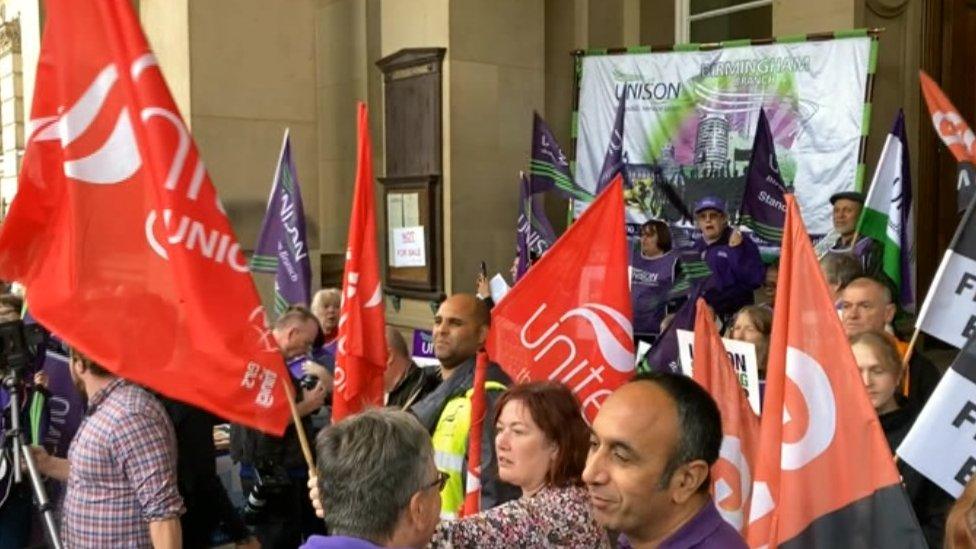Rishi Sunak defends funding for cash-strapped councils
- Published
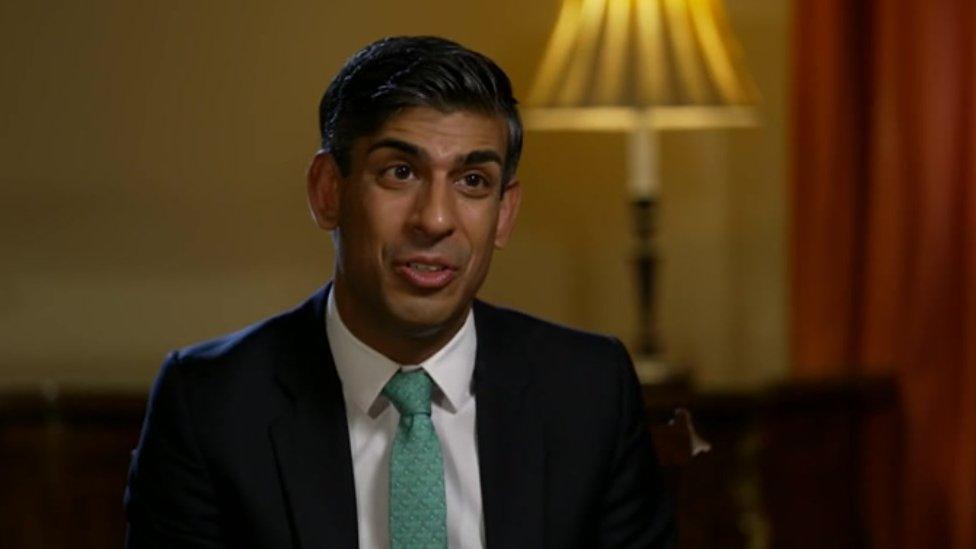
Mr Sunak said there were "record investments" for the NHS and schools
The prime minister has refused to commit to a significant increase in council funding.
Rishi Sunak said this year's average 9.5% increase in pay to local authorities - some facing effective bankruptcy - was "reasonable".
In an interview with BBC South East, Mr Sunak said he was balancing council funding with "record investments" going into the NHS and schools.
Several councils in south-east England are facing severe financial difficulty.
These include Medway, Hastings and Woking - which is the most indebted council in the UK, relative to its size.
Last year, Brighton & Hove City Council overspent by £3m and had to dip into its financial reserves to balance the budget.
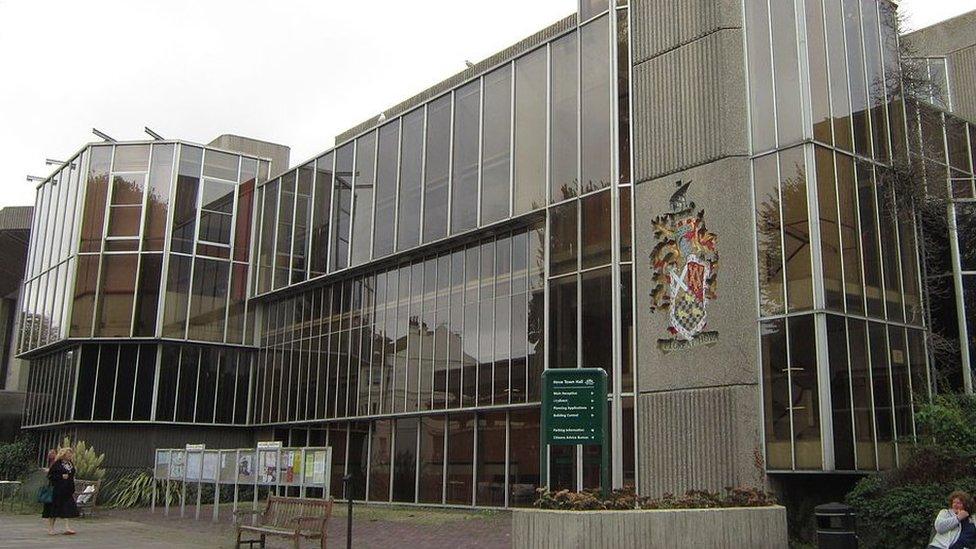
Brighton & Hove City Council is facing a £70m funding gap between now and 2027, auditors have warmed
Kent County Council needs to save £86m in the next financial year.
Council leader Roger Gough has warned the prime minister that local government funding needs "fundamental changes" or it could "face collapse".
Mr Gough claimed additional funds raised through a rise in council tax and business rates "barely" covered the costs of inflation.
Mr Sunak said people would make their own minds up on whether 9.5% was reasonable "in the context of everything".
He said it was "not responsible leadership" to "borrow tonnes of money", even though it would make his life "easier day-to-day", and he wanted to bring down inflation.
The prime minister also said he was putting "record sums" into supporting local communities across south-east England.

Analysis
By Charlotte Wright, Political Editor, BBC South East
Across the South East - and the country - we are seeing cuts to things like rubbish tips, youth services and libraries.
And that's not to mention the state of the roads.
But the prime minister's number one priority is bringing down inflation.
His argument is that if the government was to provide the funding councils say they need, he'd have to borrow it.
That, he believes, would send inflation spiralling.
One county councillor told me the way to solve this is to find a completely new solution to fund social care, which is the biggest strain on their budget.
But that is a challenge that governments have grappled with for years.
And today the prime minister gave no indication to me that he is preparing to announce a bold new plan on that issue just yet.

Follow BBC South East on Facebook, external, on X, external, and on Instagram, external. Send your story ideas to southeasttoday@bbc.co.uk, external.
- Published4 October 2022

- Published14 July 2022
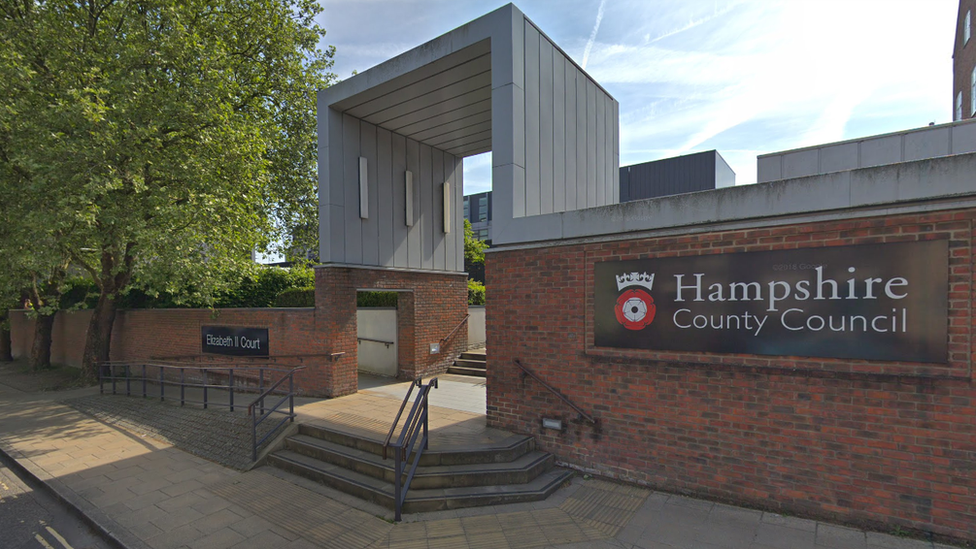
- Published15 June 2023
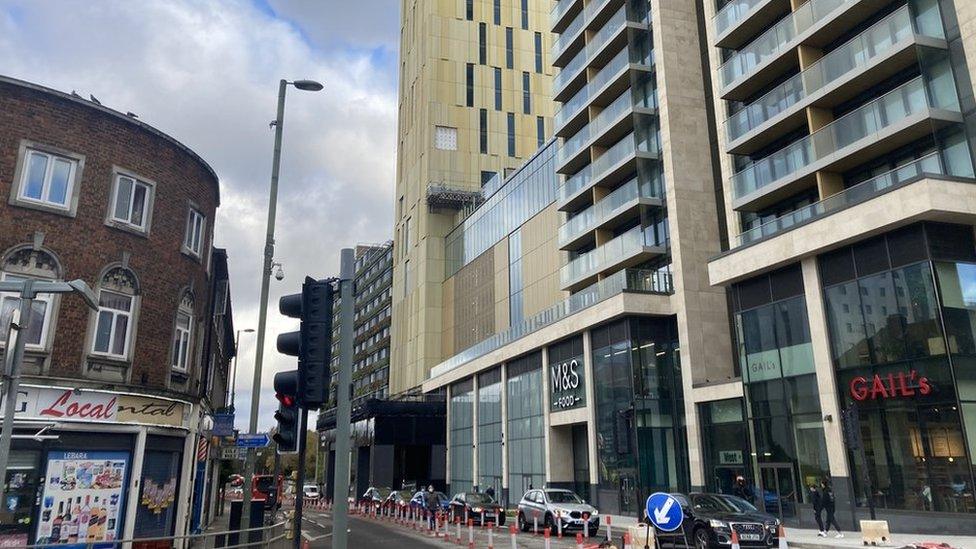
- Published8 September 2023

- Published11 July 2023
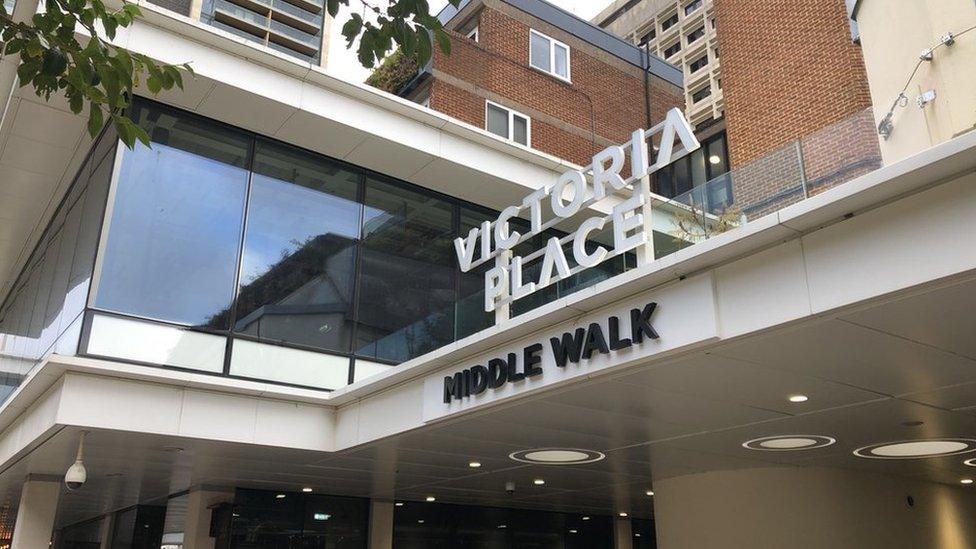
- Published25 September 2023
